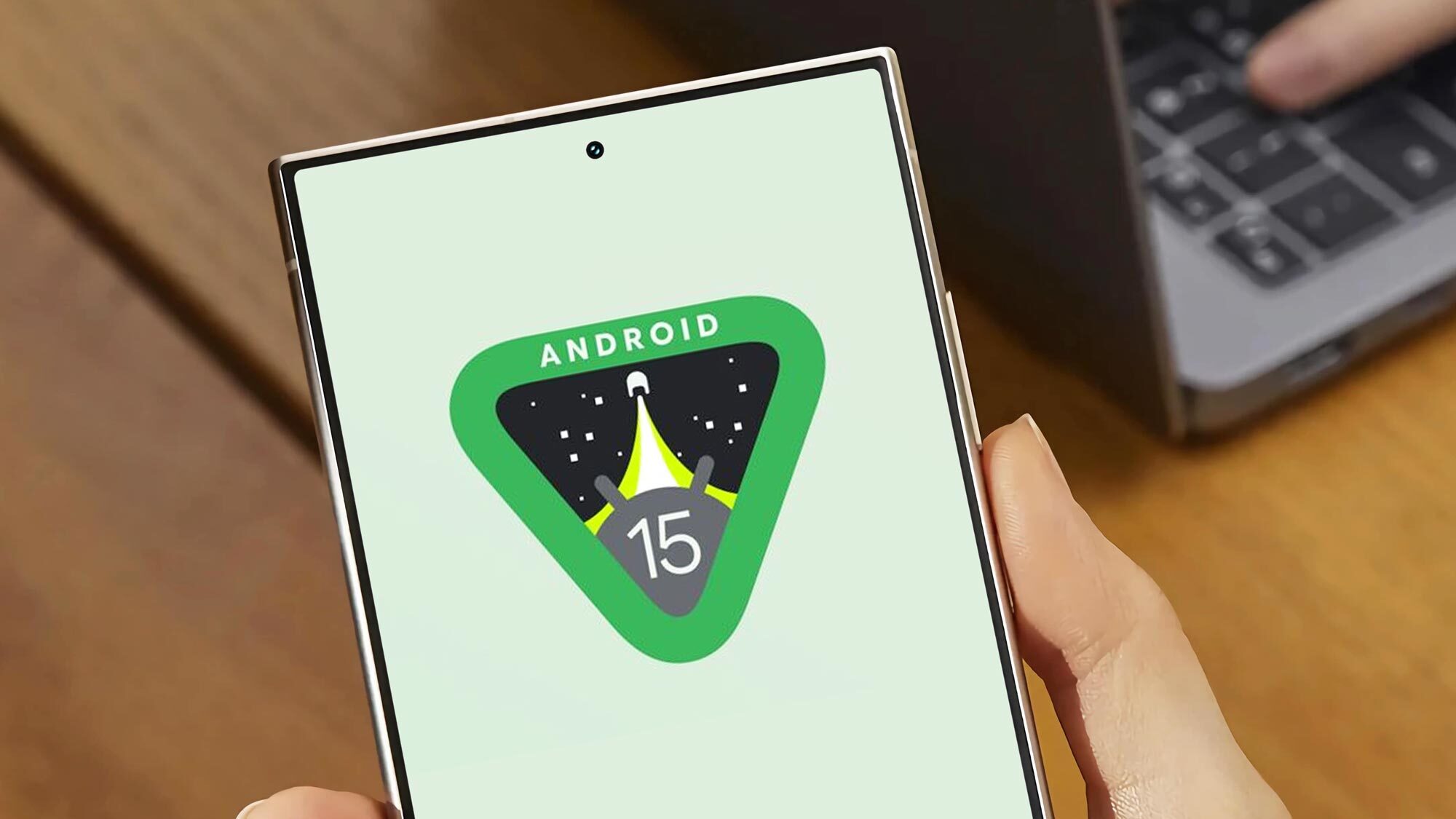New report says DOJ could force Google to divest Android after monopoly ruling
The mobile landscape could change forever

Here at Tom’s Guide our expert editors are committed to bringing you the best news, reviews and guides to help you stay informed and ahead of the curve!
You are now subscribed
Your newsletter sign-up was successful
Want to add more newsletters?

Daily (Mon-Sun)
Tom's Guide Daily
Sign up to get the latest updates on all of your favorite content! From cutting-edge tech news and the hottest streaming buzz to unbeatable deals on the best products and in-depth reviews, we’ve got you covered.

Weekly on Thursday
Tom's AI Guide
Be AI savvy with your weekly newsletter summing up all the biggest AI news you need to know. Plus, analysis from our AI editor and tips on how to use the latest AI tools!

Weekly on Friday
Tom's iGuide
Unlock the vast world of Apple news straight to your inbox. With coverage on everything from exciting product launches to essential software updates, this is your go-to source for the latest updates on all the best Apple content.

Weekly on Monday
Tom's Streaming Guide
Our weekly newsletter is expertly crafted to immerse you in the world of streaming. Stay updated on the latest releases and our top recommendations across your favorite streaming platforms.
Join the club
Get full access to premium articles, exclusive features and a growing list of member rewards.
Google is officially a Monopoly, according to a U.S. judge. The fallout from the decision is likely to be felt in the tech space for years to come. Pending appeals, the search giant could be forced to shrink its business. And as part of that requirement, Google could be forced to divest Android, changing the entire mobile landscape.
The Information broke down the potential repercussions of the DOJ's decision, and some are obvious — Google and its exclusivity deals with firms like Apple will need to go. But the more interesting bit of speculation involved Google being forced to divest Android, an extremely popular mobile operating system.
Judge Amit Mehta mentioned Android's role in perpetuating Google's' monopoly at several points in the DOJ's suit. Essentially, it forces Samsung and other manufacturers that use the OS to make Google Search a critical part of the devices. Because the complaint is focused explicitly on Google Search, this is likely to be where Android comes into play.
"Asking Google to divest Android isn't just restructuring Google, it's fundamentally remaking the entire mobile industry," said Avi Greengart, a consumer technology analyst and Techsponential President in a statement to Tom's Guide.
Suppose the U.S. government were to push Google to step away from Android. In that case, an independent company might not be incentivized to promote Google Search, as Google wouldn't be allowed to form a partnership with the new owner.
Nobody knows what remedies the government will ask for, and, in theory, a structural breakup is definitely a possibility. However, in the real world it would be difficult and potentially disastrous for competition – supposedly the very thing the DOJ is trying to preserve.
Avi Greengart, Techsponential
That said, users seem to like using Google to find things online. Sure, that could change as OpenAI and other AI chatbots get more heavily into search, but for now, it's Google with everyone else fighting for second place. Even if Android moved to an independent company, Google could still be the default search engine because users want that.
One way or another, getting Google to the point where the government considers it to be operating without monopolistic practices will take some significant changes. Whether it be dropping Android to an independent company or just dismantling its partnerships, something will likely change. Eventually — the appeals process will take a long, long time.
Get instant access to breaking news, the hottest reviews, great deals and helpful tips.
More from Tom's Guide
- $632 million Google Play Store settlement coming — how to claim your share
- Google Incognito mode was never private — and now Google's being forced to delete all the data
- Apple on DOJ antitrust suit: 'No relation to reality'

Dave LeClair is the Senior News Editor for Tom's Guide, keeping his finger on the pulse of all things technology. He loves taking the complicated happenings in the tech world and explaining why they matter. Whether Apple is announcing the next big thing in the mobile space or a small startup advancing generative AI, Dave will apply his experience to help you figure out what's happening and why it's relevant to your life.
 Club Benefits
Club Benefits










